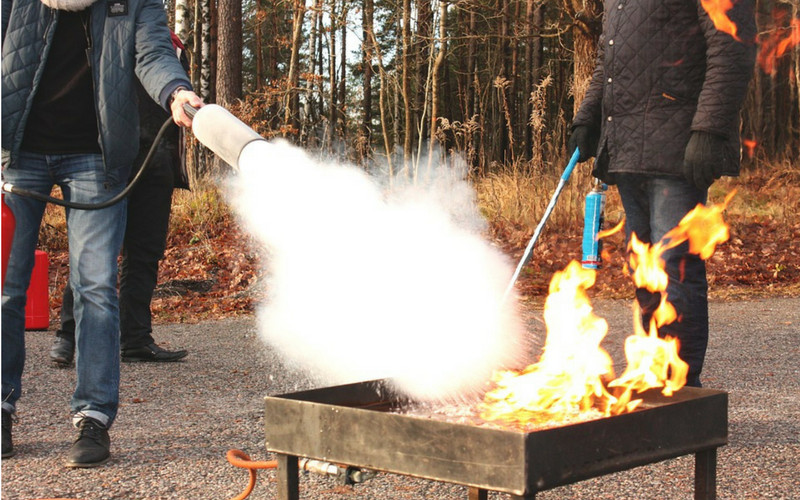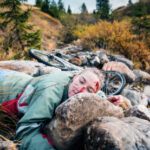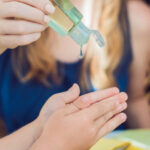Although no one expects a disaster to happen to them, the fact of the matter is that natural disasters such as fires, earthquakes, and severe weather do happen. Thus, it is better to be prepared and never need to use your emergency strategy than to have something happen and be without one. Use these three steps to help you and your family prepare in case of an emergency.
1. Create an Emergency Supply Kit
If disaster strikes your community, you may not be able to get to the store for food and water for several days, so it is prudent to keep nonperishable food and water in stock in your home just in case. As a general rule of thumb, plan for each person to need one gallon of water per day, both for drinking and hygiene purposes. As for food, stick to canned goods and dry mixes so you don’t have to worry about wasting any that you don’t use.
Some other items to include in your supply kit are:
- Flashlight and extra batteries
- Battery-powered or hand crank radio
- First aid kit
- Medications (at least a one-week supply)
- Personal hygiene items
- Copies of personal documents
- Cell phone and chargers
- Extra cash
- Extra house and car keys
- Matches
- Blankets/sleeping bags
Don’t forget to take your pets into account when putting together your emergency supply kit.
2. Develop a Family Disaster Plan
Once you have your emergency supply kit gathered, it’s time to create and discuss a family disaster plan. The goal of this plan is to keep everyone calm and act as efficiently and organized as possible in the event of an emergency. Here are a few tips to keep in mind when creating your plan:
- Set two places to meet: one directly outside of your home in case of a fire, and one outside of your neighborhood in case you can’t get to your home. Everyone in your family must know the details of both of these locations.
- Find safe spots in your home for different types of disasters.
- Teach children how to dial 911 and what to do in case of a natural disaster.
- Post emergency phone numbers by the phone.
- Teach each family member how to use the fire extinguisher and where it is located.
3. Practice Your Plan
Your disaster plan will only be useful if everyone in your family is familiar with it and remembers it. Practice meeting at your agreed-upon locations, and quiz children on emergency phone numbers and addresses.
You should also test fire extinguishers and smoke alarms regularly to make sure they’re in good working order in case you need them to do their jobs.






